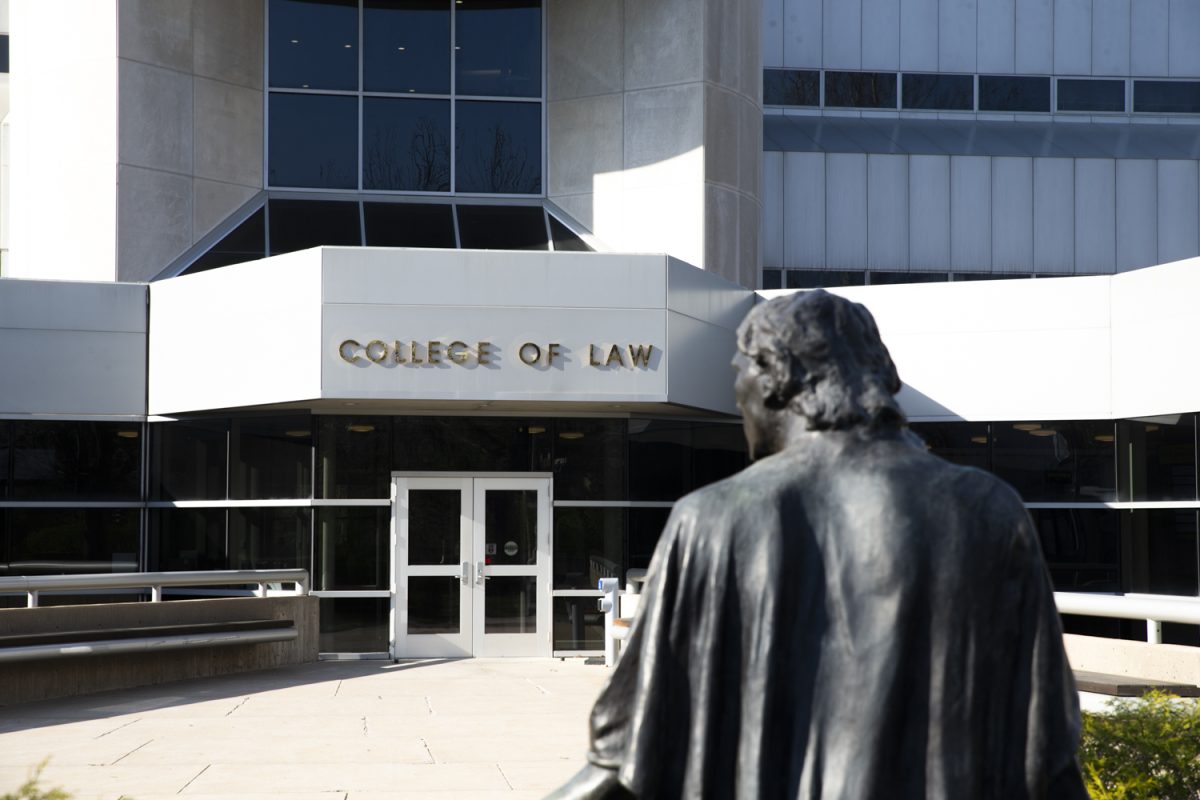Not long ago, when kids were bullied on the playground, they could often go home to get away from it.
But now, virtually anyone can bully students instantly from the touch of a cell-phone or computer. And that’s a growing problem, experts said.
Justin Patchin, an associate professor of criminal justice at the University of Wisconsin-Eau Claire, spoke about cyberbullying to Iowa City parents on Monday night in the Iowa City Public Library, 123 S. Linn St. He had spoken to students at City and West High Schools earlier in the day.
Monday evening, he talked about some of the effective ways parents can talk to their kids about being bullied.
"Parents find it very sad that cyberbullying is occurring," he said.
Incidents of cyberbullying are reported more often in the media as more teens are online and have access to social-networking sites such Facebook and MySpace, he said.
According to the National Crime Prevention Council website, 43 percent of teens have been victims of cyberbullying in the last year.
Though Patchin said cyberbullying is a large problem, it wouldn’t work to simply restrict teens from the Internet.
"If we take technology away from them, they will be at a disadvantage," he said.
Megan Moreno, an assistant professor of pediatrics and adolescent medicine at the University of Wisconsin-Madison, noted a situation five years ago in which a teenage girl had a group of her friends post embarrassing pictures of her on the Internet.
"She had really bad stomach aches because she didn’t want to eat," Moreno said, noting the severity of physical symptoms as a result of bullying.
Some of Patchin’s main points when speaking to students were the seriousness, consequences, and responsible uses of social-messaging sites and awareness of what they put on the web, said City High Principal John Bacon.
"I was glad that the students learned about the situation," he said. "Students walking away from the program feel empowered and that they should be happy at school."
The University of Iowa also has ways to help students deal with cyberbullying.
"If students come to us, we work with them to manage the situation," said Kathy Staley, an assistant director of the University Counseling Service.
She said seeking revenge on the bully only worsens the situation.
"We talk to the person about the situation and give them alternatives," she said.
Sarah Richardson, a parent of City High student and part of the City High Parent Student Teacher Organization, said the presentation was up-to-date and very useful.
"The most important thing is to communicate with your children and ask them questions," she said.






